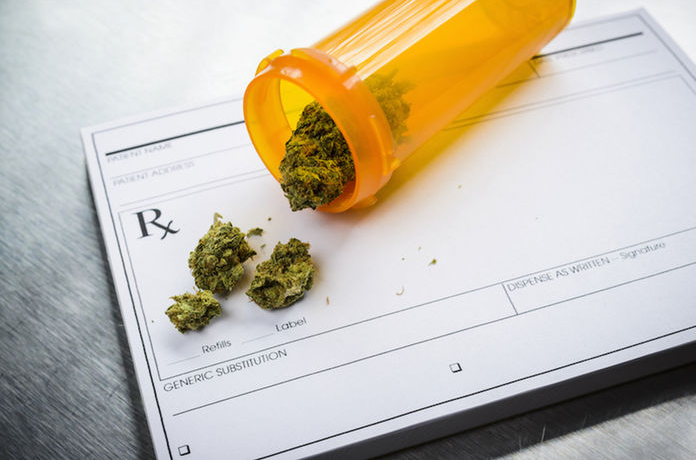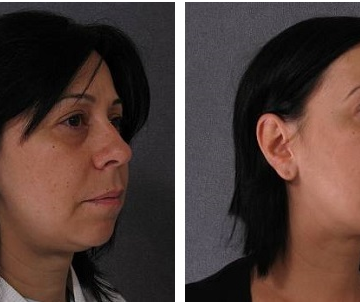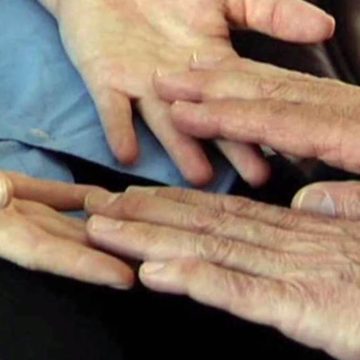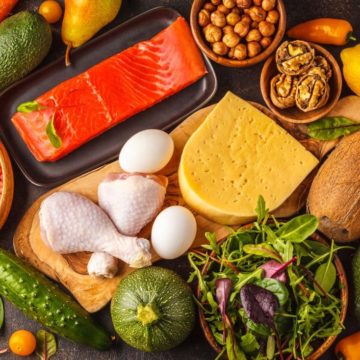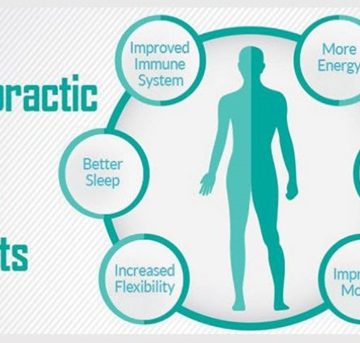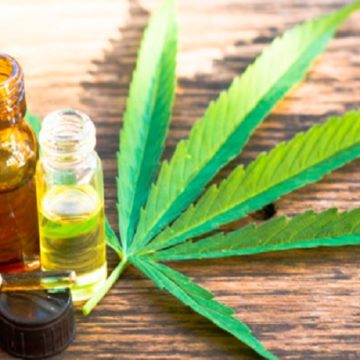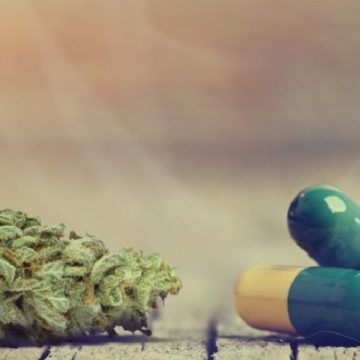There are over 60 related psychoactive chemicals in Marijuana, referred to as cannabinoids with the most prominent cannabinoid being the delta-9-tettahydrocannabinol (THC). The quantity of THC ingested usually determines its potency. Basically, the THC content of a particular type of marijuana determines its intensity or level of highness, which can vary from about 3% to 20%. Hemp can be found in a wide variety of form and are sometimes used for industrial purposes. Some of these industrial varieties are used to make textiles and rope, but it contains little to no THC. Canadian Addiction Rehab
provides an enabling environment for patients to get the best Marijuana addiction treatment. Dried Marijuana is popularly smoked but it can also be ingested with food. THC-rich marijuana extracts are also fast gaining popularity around the world. Smoking marijuana intoxicates as fast as possible, as it’s often predictable effects will start to manifest within few minutes.
Canadian Addiction Rehab
provides an enabling environment for patients to get the best Marijuana addiction treatment. Dried Marijuana is popularly smoked but it can also be ingested with food. THC-rich marijuana extracts are also fast gaining popularity around the world. Smoking marijuana intoxicates as fast as possible, as it’s often predictable effects will start to manifest within few minutes.
The THC in marijuana-infused food is often absorbed slowly, with intoxication further delayed to about 30 minutes to 2 hours after ingestion. Its effect on the user is often difficult to predict thereafter.
Dangers of long term use of marijuana
Asides from the positive and negative effects of intoxication, marijuana abuse does have serious adverse effects on a user’s mental and physical well being, especially for chronic smokers. Some of the adverse effect from the continuous and long term use of Marijuana includes:
- Mental effects: Long-term usage of marijuana can result into temporary memory loss and can make the user feel uninterested and unmotivated in taking part in daily activities.
- Respiratory problems: Similar to the smoke from tobacco, marijuana smoke has the potential to cause irritation and damage to the lungs. Some of the effects of long term intake of marijuana on the respiratory system include chronic cough and lung infections.
- Psychological dependence: Just like other drugs of abuse, long term users of marijuana tend to depend on its use before they can carry out their normal daily activities. In the event that marijuana is unavailable, they develop serious anxiety problems.
- Cardiovascular risk: Taking marijuana on a regular basis can further increase the heart rate, which can also increase your chance of experiencing heart attack or stroke.
-
Child development: marijuana can lead to behavioral problems in babies. This is applicable to pregnant women and nursing mothers. The use of marijuana during pregnancy can hinder the development of the baby’s fetus brain
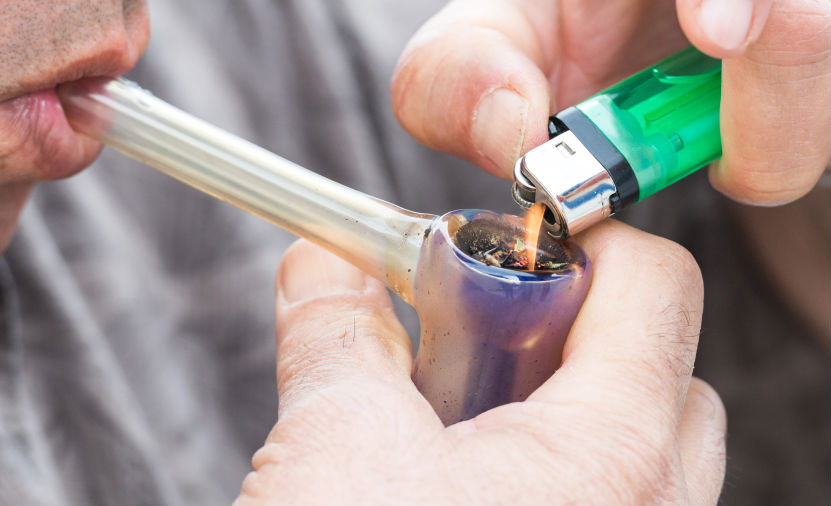
How to treat marijuana
Treatment process for those suffering from Marijuana abuse and dependence is similar to methods used for other drug addiction cases. However, there are no medications to cater to the specific needs of those experiencing over-dependence on marijuana. Reliable rehab centres offer a safe, supportive and enabling environment for abusers to begin their cleansing process.
Professional medical personnel are on ground to help take care of clients. Other alternatives such as sedatives and other medications are available to treat any case of panic attack or anxiety.
Inpatient and outpatient drug rehabilitation facilities are available after the detoxification process. This, however, depends on the needs of the individual suffering from marijuana use. They also involve counseling and education to ease and help addicts to enjoy a drug-free life.




